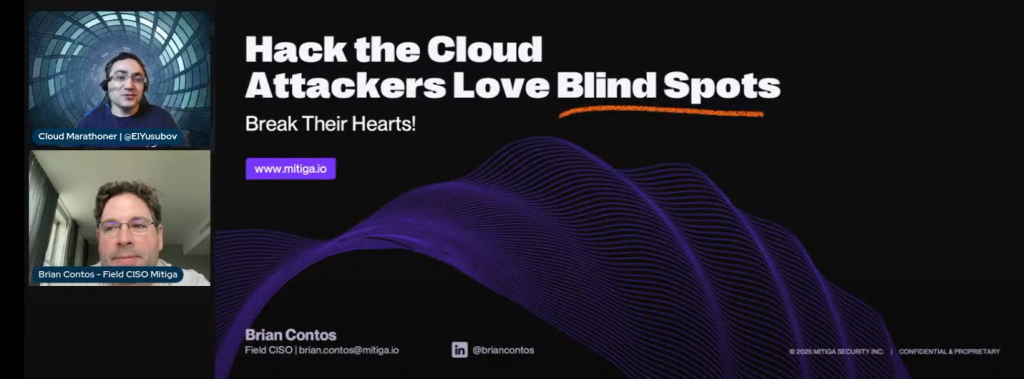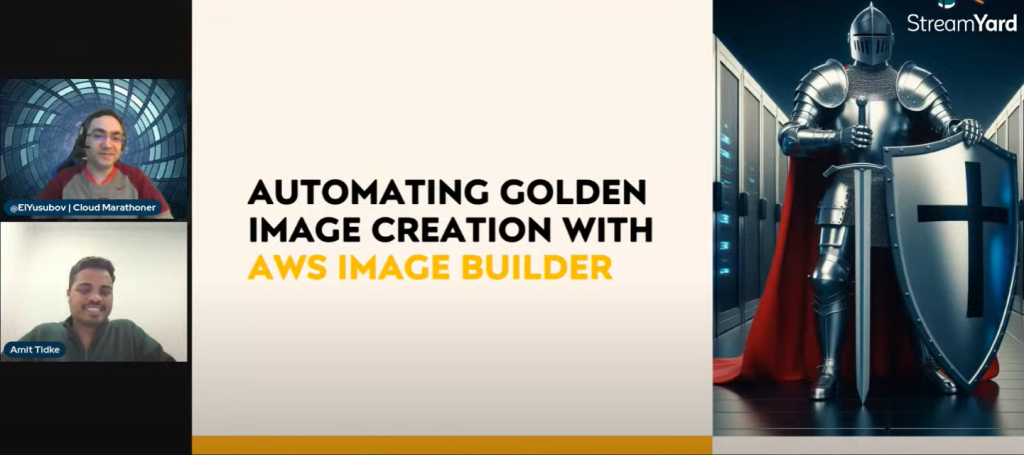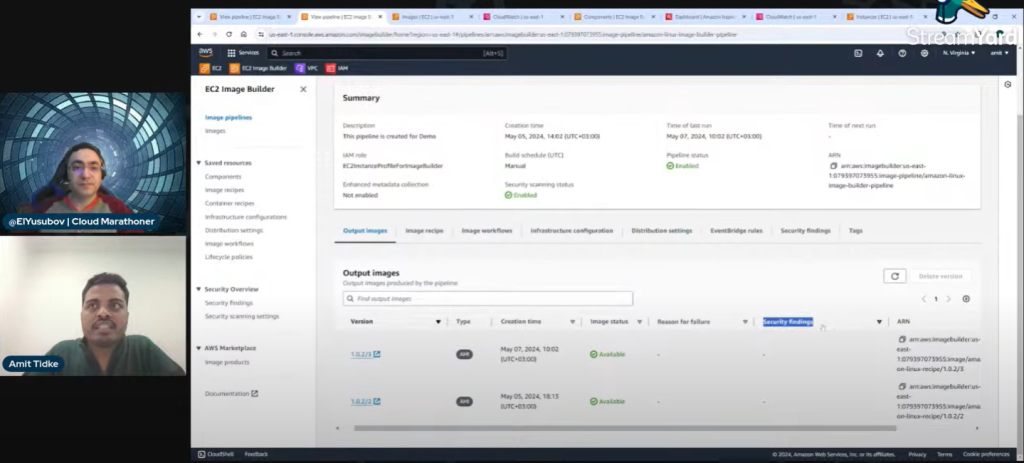Hello Cloud Marathoner friends,
Last week, we had a very interesting session focused on cybersecurity.

Our guest speaker Brian Contos, shared his expertise on the following critical cybersecurity topics:
✅ Real-life stories from the trenches, drawn from years of cloud-based incident response.
✅ Exploration of various hacks to illustrate how breaches occur, what happens following a breach, and why organizations struggle to detect and respond.
✅ Mitigation strategies to proactively prepare for a breach, discover malicious activity, and respond effectively.
Malicious actors are counting on your passivity, your blind spots, and your inability to detect and respond to attacks in the cloud. Break their hearts!
Are you ready to learn more about hacking 🔐 ⛔ the cloud and how to prevent it ⁉️ 🤔
Tune in to hear and learn from real-world stories.
Real-World Examples
- Crypto mining on hacked security cameras in a casino.
- $15 million wire fraud via compromised Office 365 and fake domains.
- MongoDB ransomware where attackers lied about stealing data.
- Robot hack demo showing how easy it is to control industrial devices with no authentication.
When and Where
📅 Date: May 7th, 2025
🕒 Time: 5 PM UTC
📍 Recorded session URL
Don’t miss out on this amazing hacking session.
Let’s make the cloud a safer place together!





